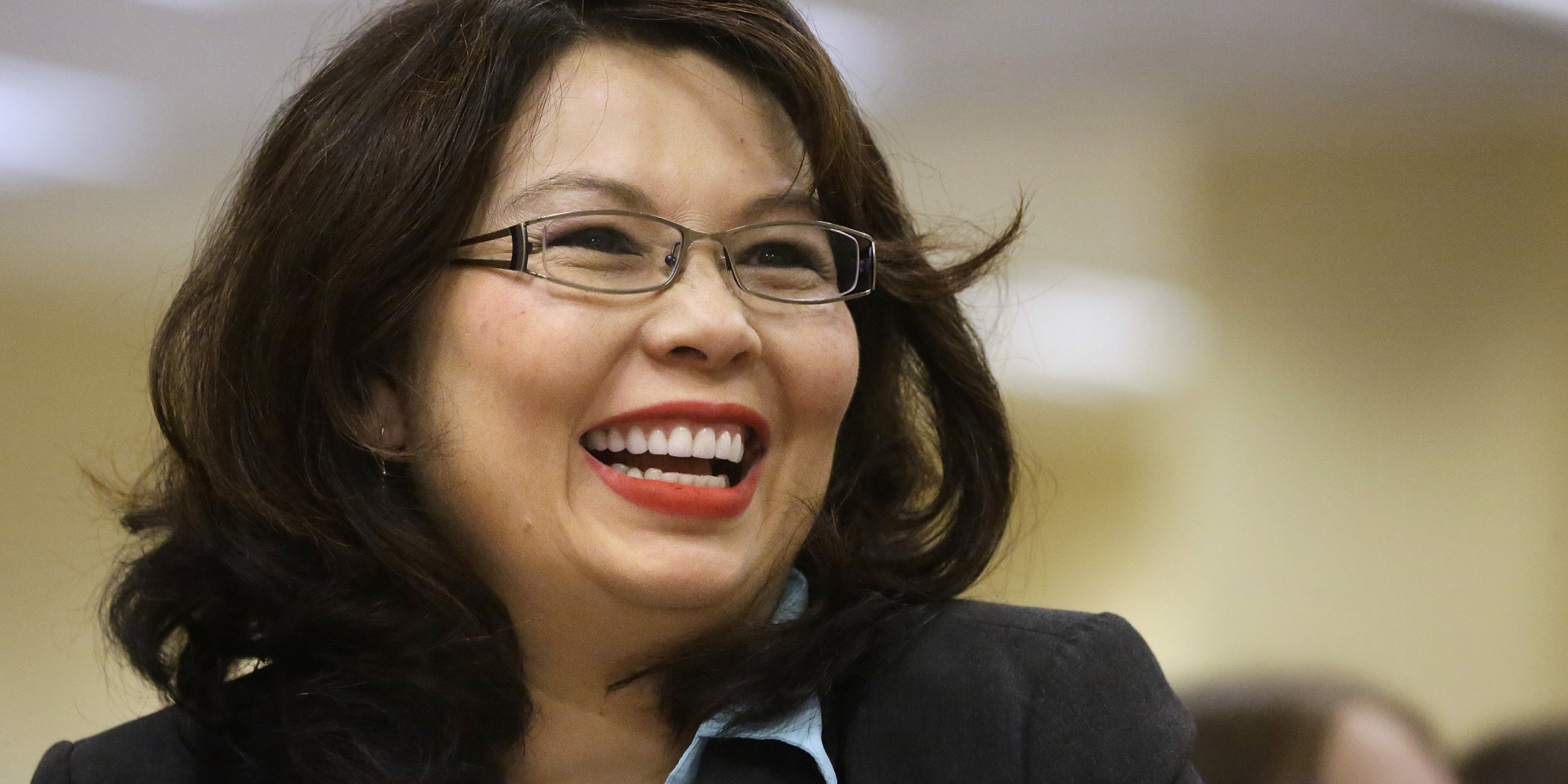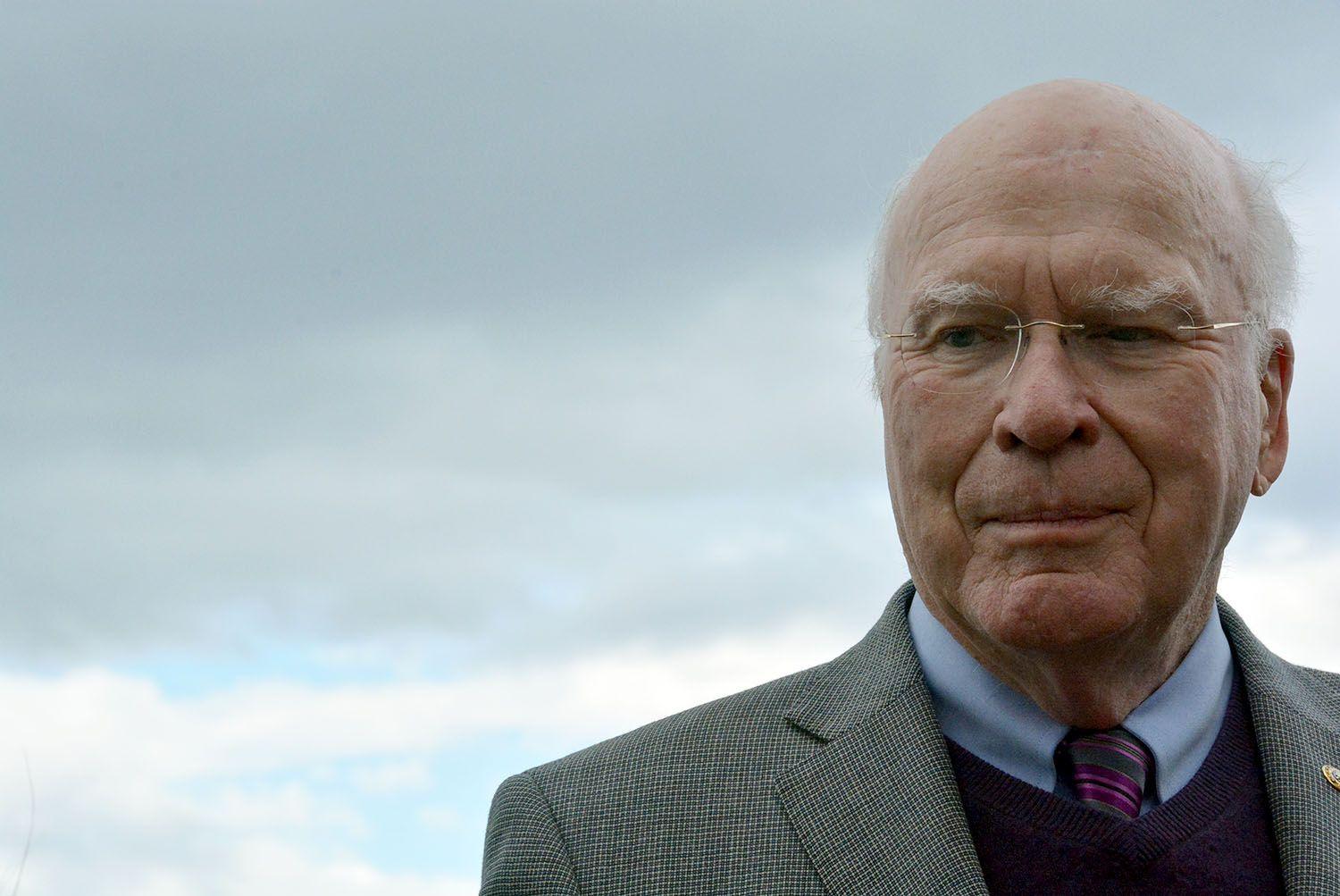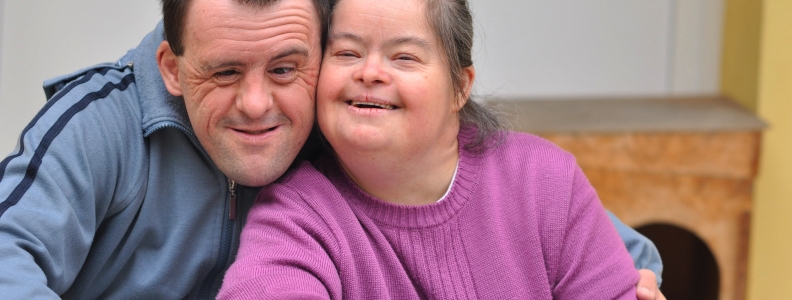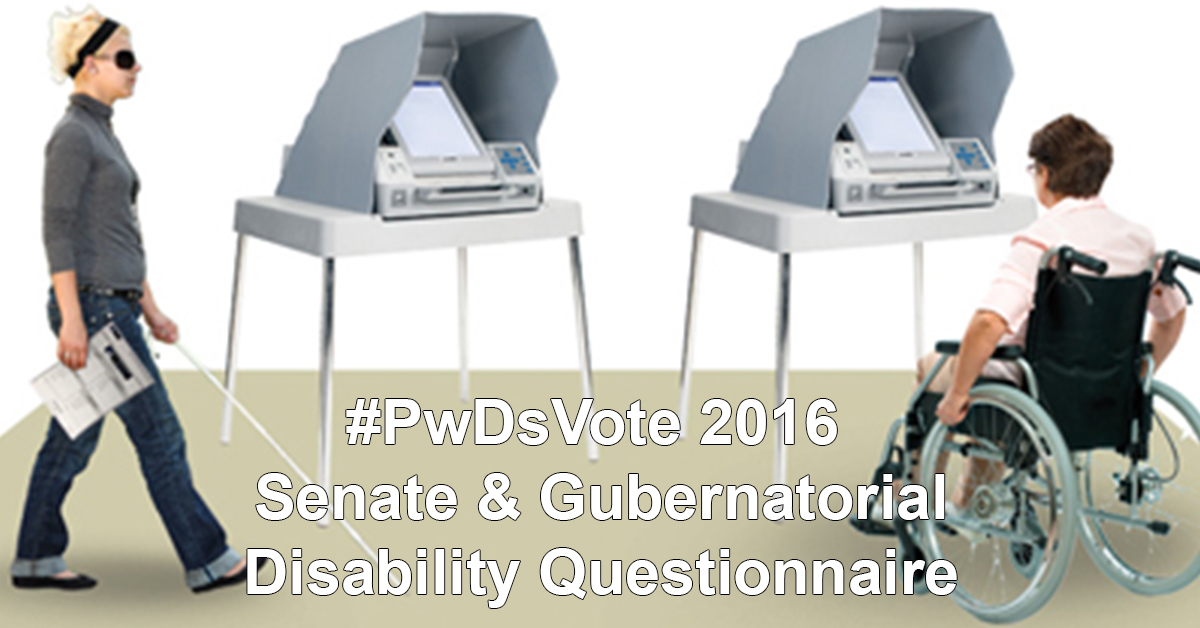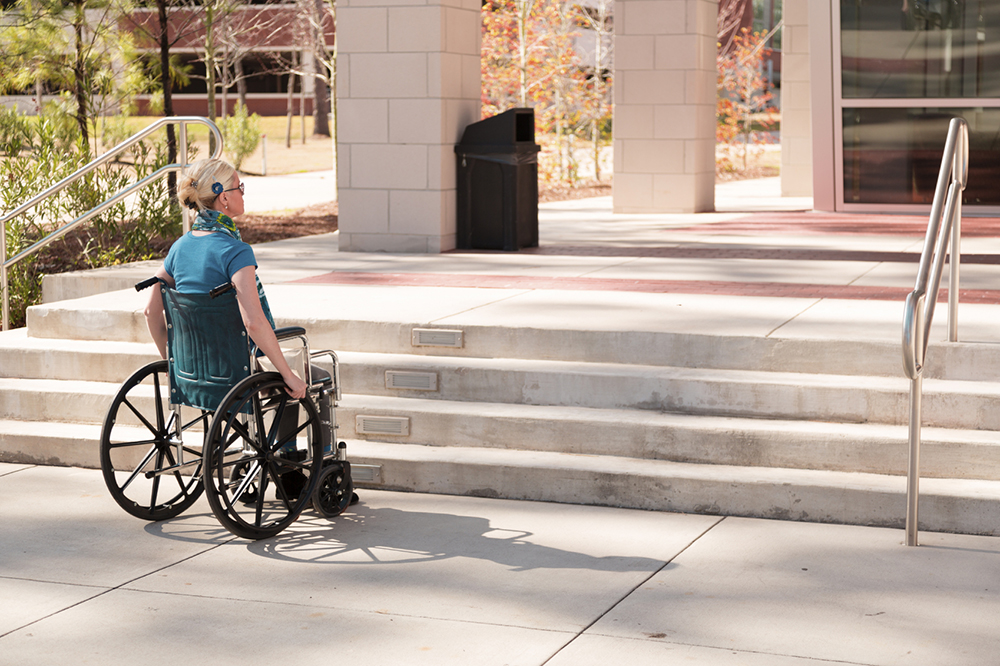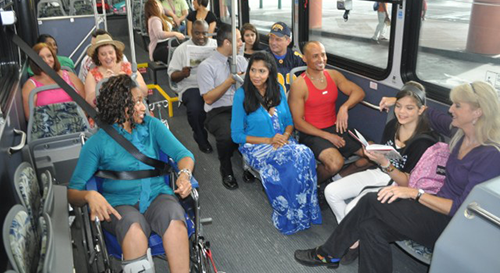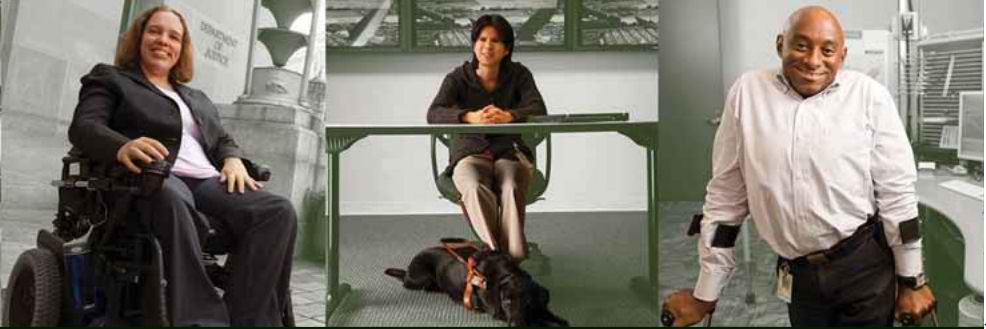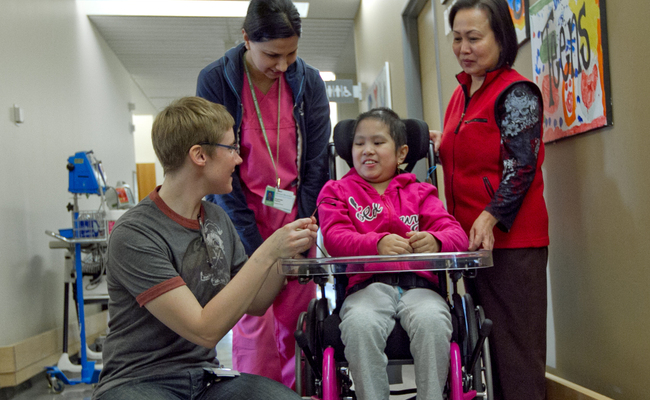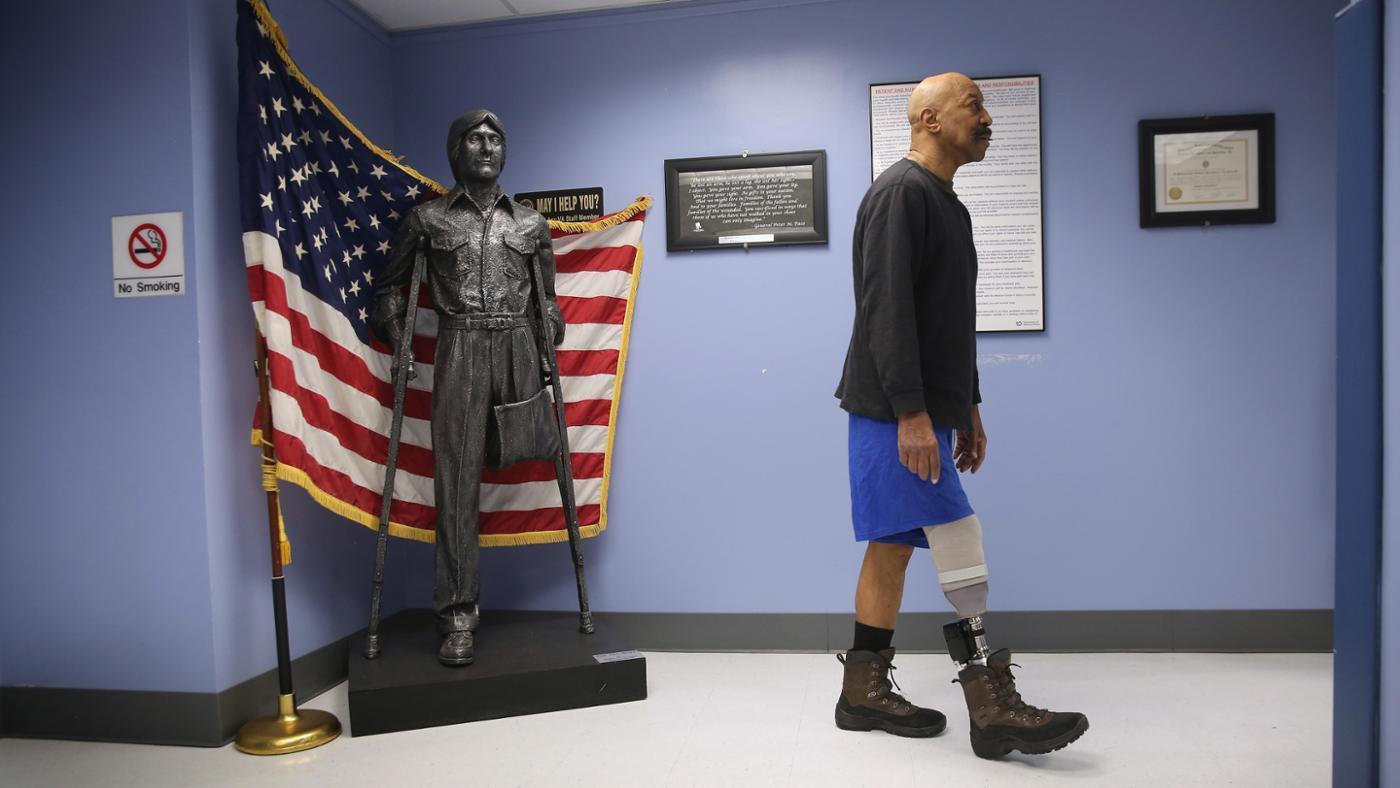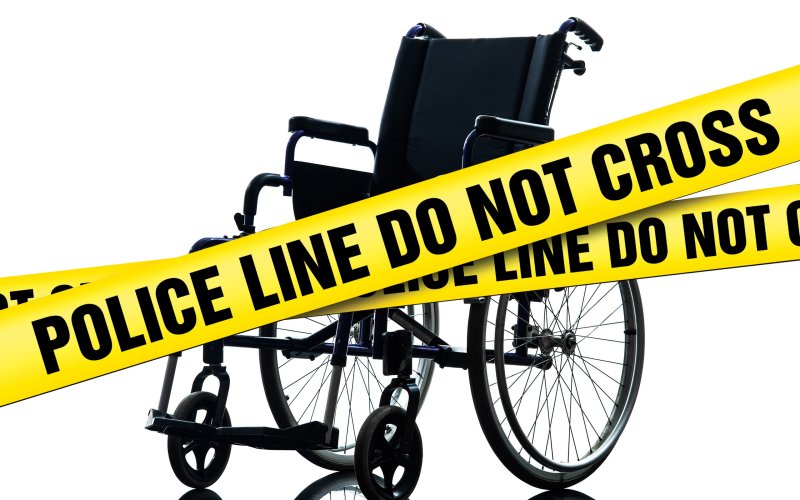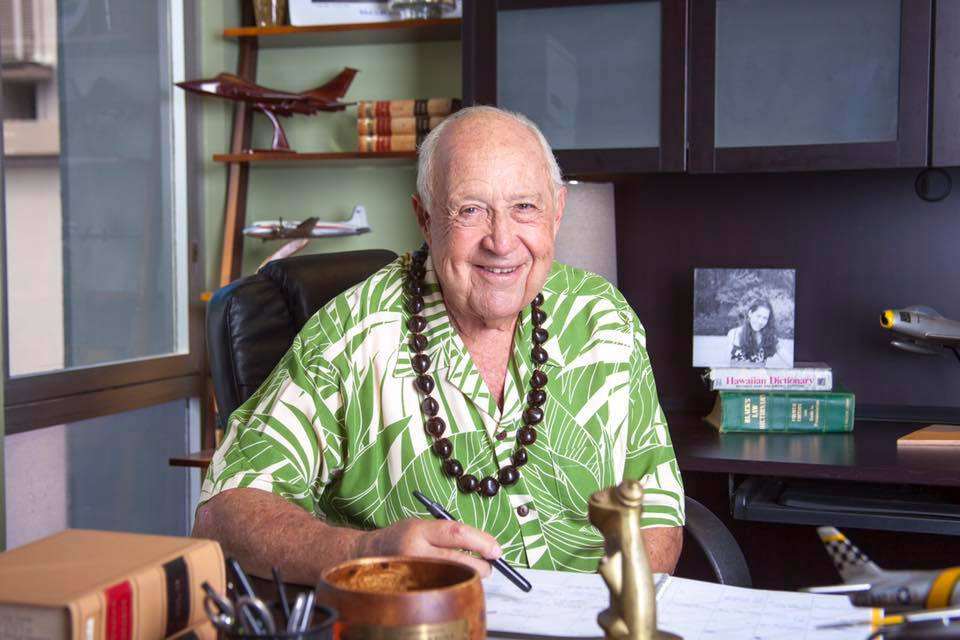Washington, Nov. 8 – Democrat Kamala Harris is set to be California’s next U.S. Senator, after beating Loretta Sanchez in this year’s election.
Harris completed the #PwDsVote Disability Questionnaire for presidential, senate and gubernatorial candidates put out by RespectAbility, a nonpartisan, nonprofit organization working to end stigmas and advance opportunities for people with disabilities. Sanchez also responded to the questionnaire.
The Harris campaign response spoke of her dedication to supporting legislation that further disability rights.
“As San Francisco District Attorney and California Attorney General, Kamala has a lengthy record of advocating for civil rights, including disability rights, women’s rights, racial justice, and LGBT equality,” the Harris campaign responded. “In the Senate, Kamala will continue her civil rights advocacy for persons with disabilities by ensuring that the ADA is fully enforced and that similar international laws, such as the Convention on the Rights of Persons with Disabilities, are given full effect.”
California has 4,019,882 citizens with disabilities. There are 2,010,783 Californians with disabilities who are between the ages of 18-64. Currently only 33.3 percent of working-age Californians with disabilities are employed compared to 72.2 percent of those without disabilities. Additionally, there are 115,000 Californians ages 16-20 with disabilities. More than 613,000 California students have individual education plans (IEPs).
There are 56 million people with disabilities (one in five Americans), more than 35 million of whom are eligible voters (one-sixth of the electorate). A new poll showed that half of voters either have a disability or a loved one with a disability. The poll also showed that voters were more likely to support candidates who prioritize ensuring that children with disabilities get the education and training they need to succeed as well expanding job and career opportunities for people with disabilities.
RespectAbility reached out to candidates for president, governor and U.S. Senate – requesting them to complete the #PwDsVote disability questionnaireon multiple disability topics ranging from employment, education, violence and abuse, criminal justice, healthcare and more.
On the presidential level, former Secretary of State Hillary Clinton filled out the full questionnaire. Despite numerous requests in person and by phone and email, Mr. Trump did not.
Forty down ballot candidates, including 26 for Senate and 11 for governor, from both sides of the aisle (25 Democrats, 14 Republicans, 1 Green Party) responded, showing that disability rights is a nonpartisan issue. The responses also were geographically diverse, coming from states all around the country as politicians are paying more and more attention to the disability community.
View Harris’ response to the questionnaire below:


